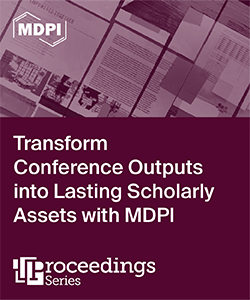Conferences > Mathematics > Graph Theory and Combinatorics > United States
Select a location
United States
1
Webs in Algebra, Geometry, Topology and Combinatorics
08 Dec 2025 - 12 Dec 2025 • Providence, RI, United States
Event listing ID:
1655348
Event website:
Conference-Service.com offers, as part of its business activities, a directory of upcoming scientific and technical meetings. The calendar is published for the convenience of conference participants and we strive to support conference organisers who need to publish their upcoming events. Although great care is being taken to ensure the correctness of all entries, we cannot accept any liability that may arise from the presence, absence or incorrectness of any particular information on this website. Always check with the meeting organiser before making arrangements to participate in an event!
Last updated: 16 February 2025




